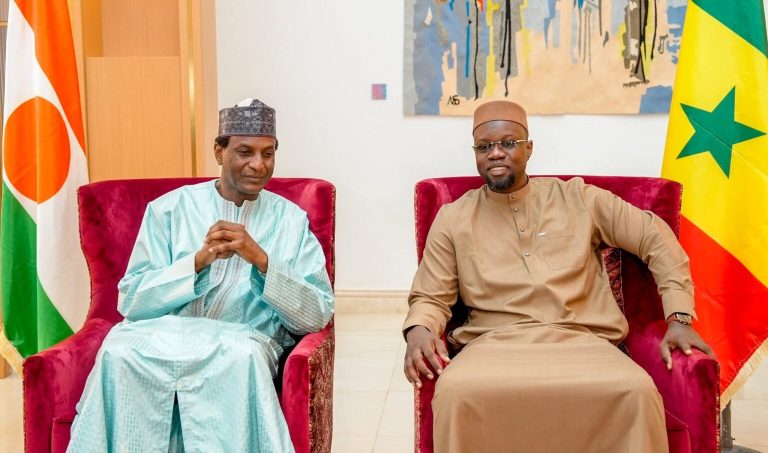
Chad has officially ended its 15-year collaboration with the South African NGO African Parks Network (APN), marking the close of a partnership once hailed as a model for wildlife conservation on the continent.
The announcement, made on Monday, October 6, by Minister of Environment, Fisheries, and Sustainable Development Hassan Bakhit Djamous, cited “ongoing difficulties in collaborating with the administrations overseeing protected areas,” a “resurgence in poaching,” and a “severe lack of investment.”
The minister also condemned what he described as “a recurring indelicate and irreverent attitude toward the Chadian government,” formally ending a cooperation that had been central to the management of Zakouma National Park and the Ennedi Natural and Cultural Reserve.
Since 2010, African Parks had overseen Zakouma, transforming it into a symbol of ecological revival after years of devastating poaching. At the time the partnership began, only around 450 elephants were left in the park, their numbers decimated by armed groups and Janjaweed militias from neighboring Darfur.
Through strengthened anti-poaching patrols and stricter ecological management, APN claimed that the elephant population grew by more than 40%, while biodiversity across the park showed marked recovery.
In 2018, the organization signed a second agreement to manage the Ennedi Reserve, a UNESCO World Heritage Site celebrated for its dramatic sandstone formations and unique desert ecosystem.
In response to the government’s announcement, African Parks confirmed in a statement on Monday that it was “in discussions with the Chadian ministry” to explore “the best way to ensure the maintenance of important conservation achievements.”
The Johannesburg-based NGO currently manages 22 parks in 13 African countries and operates on an annual budget exceeding €100 million. Founded by a Dutch conservationist and billionaire, the organization’s mission is to restore and protect endangered ecosystems across Africa through public-private partnerships.
Chad’s decision, however, carries deep political and environmental significance. It signals a growing desire by N’Djamena to reclaim full sovereignty over natural resource management and to strengthen local control of conservation policies.
Yet the move has sparked concerns over the future of ongoing preservation efforts. Without adequate financial and technical support, observers warn that Zakouma and the Ennedi Reserve—two cornerstones of Chad’s biodiversity—could face renewed vulnerability.
The end of the APN partnership thus represents both a statement of national independence and a test of Chad’s capacity to sustain its conservation gains without international co-management.



